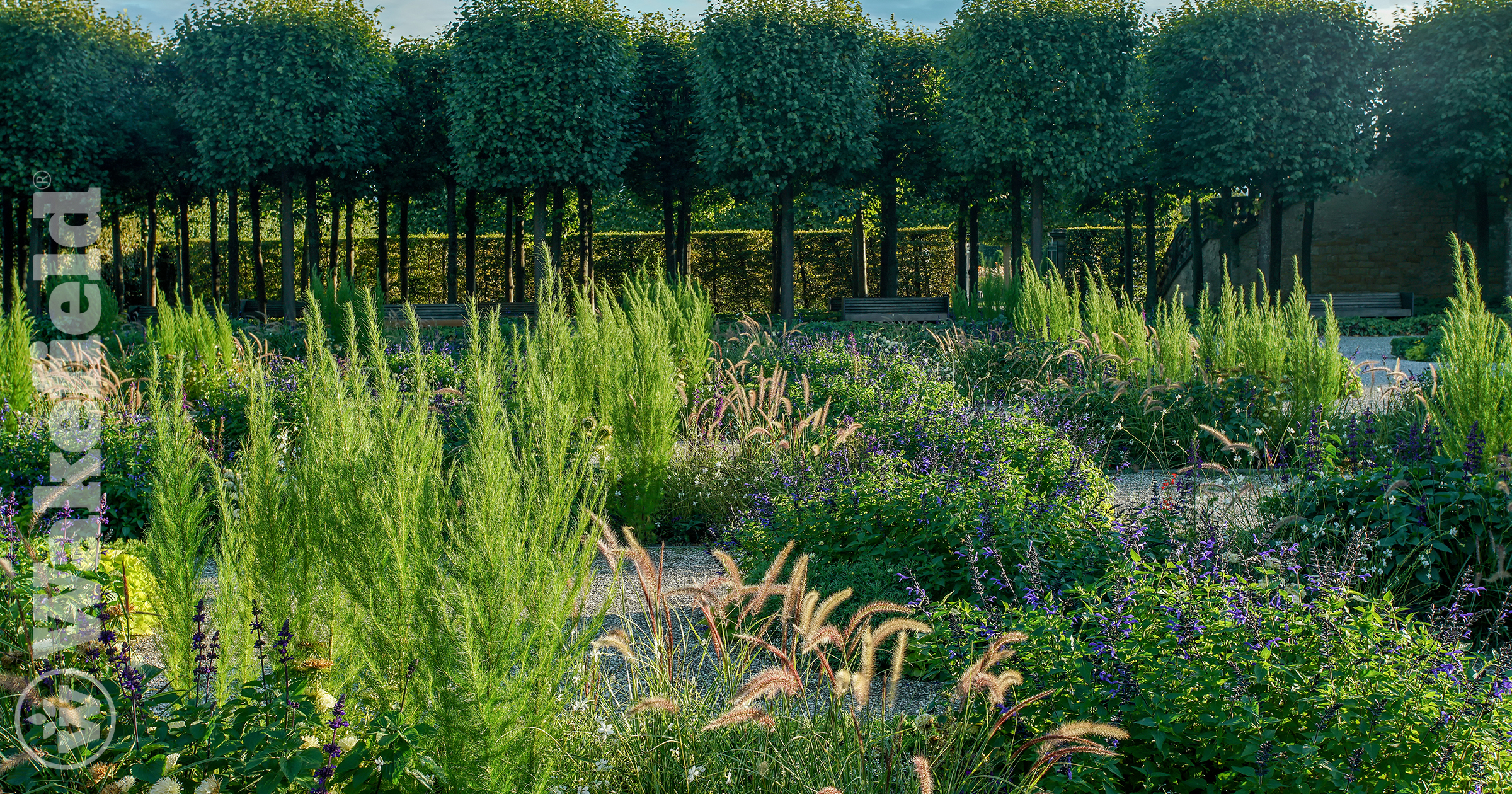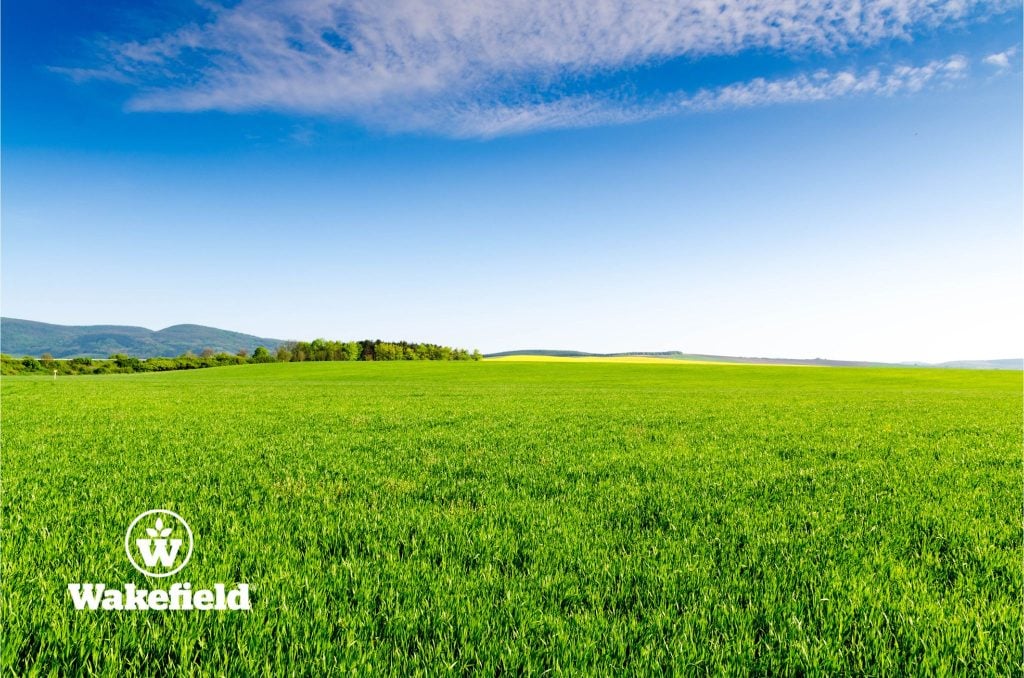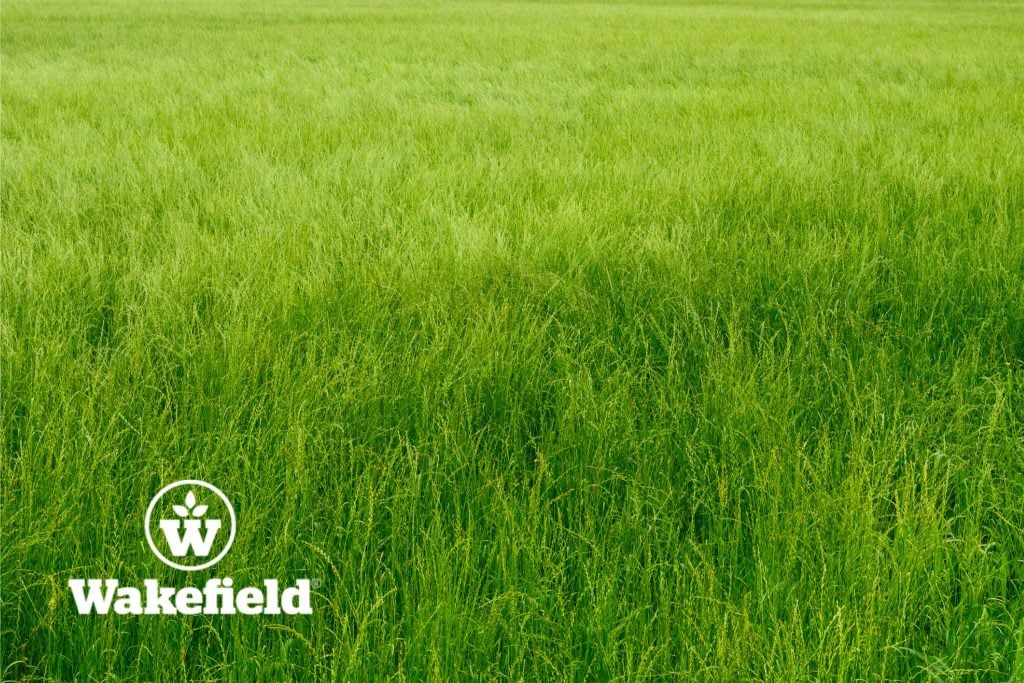Can Biochar Burn Plants?

Does Biochar Burn Plants?
No, biochar does not burn plants. Unlike fertilizers, biochar poses no risk of plant burns because it doesn’t contain concentrated nutrients like nitrogen, which can cause damage when over-applied. Instead, biochar improves soil health without the negative side effects often associated with chemical fertilizers.
How Fertilizers Burn Plants
Fertilizers are designed to provide plants with essential nutrients like nitrogen, phosphorus, and potassium. However, when too much nitrogen is applied, it can overwhelm plants, causing burns. This can lead to symptoms like wilting, discoloration, and reduced vitality. Fertilizer burns occur because the excess nitrogen interferes with the plant’s water absorption, leading to dehydration and stress.
How Biochar Works Differently
Biochar is a soil conditioner, not a fertilizer, meaning it works to improve the overall structure and health of the soil. It doesn’t contain concentrated nutrients that can overload plants. Instead, it helps the soil retain nutrients that are already present, preventing them from being washed away or leached out of the soil. This nutrient retention improves plant growth without the risk of burns.
Here’s how biochar benefits soil and plants:
- Nutrient Retention: Biochar’s porous structure allows it to hold onto essential nutrients, keeping them available to plants over time without overwhelming them.
- Cation Exchange Capacity (CEC): Biochar enhances the soil’s ability to retain positively charged ions like ammonium, ensuring nutrients stay in the root zone where plants need them most.
- Adsorption: It also captures other nutrients, such as nitrate, reducing nutrient runoff and keeping the soil healthy.
Supporting Plant Health Without the Risk
Because biochar doesn’t contain any nutrients on its own, it poses no threat of burning plants. Its primary function is to improve the soil’s ability to retain water and nutrients, ensuring plants can access what they need without risk. Biochar also encourages beneficial microbial activity, which helps convert nutrients into forms that plants can easily absorb, further boosting plant health.
Why Biochar is a Safer Choice
Biochar offers a safer alternative to fertilizers, especially when you want to avoid the risk of overfeeding your plants. It supports nutrient availability in a way that protects plant health rather than endangering it. Plus, biochar promotes healthier soil, leading to stronger, more resilient plants.
In short, biochar is a reliable solution for improving plant health without the risk of burns. If you’re looking to boost your garden or farm’s soil quality, biochar is a safe, effective choice.







